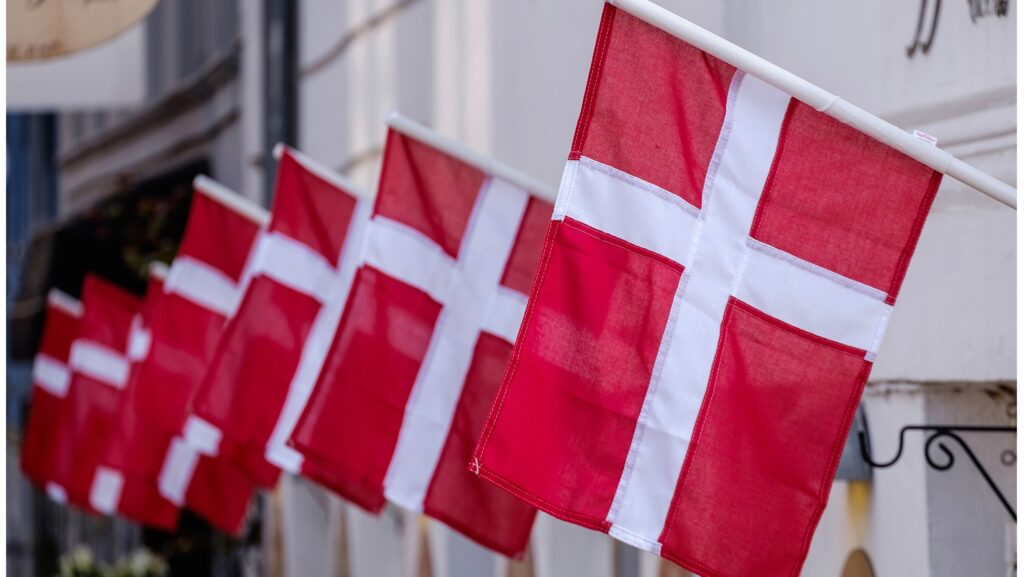Ten billion forints have been made available in the Pannonia Scholarship Programme, aimed at providing Hungarian students and educators with international experience at the world’s leading universities, the Ministry of Culture and Innovation (KIM) announced on Wednesday.
In the statement, quoting State Secretary for Higher Education Balázs Hankó, the ministry emphasized: ‘We will not allow the political games and double standards of the European Commission to narrow the opportunities for young people.’
During the programme, participants will be supported with monthly scholarships ranging from 350,000 to 500,000 forints, allowing approximately 8,000 students, educators, and researchers to gain international experience at the world’s leading universities. Twenty per cent of the funding, amounting to 2 billion forints, will be allocated for Hungarian students, educators, and researchers to attend one of the world’s top 250 universities. According to the state secretary, more than 120,000 people have applied to the renewed Hungarian higher education system for the second year in a row, demonstrating young people’s confidence and the success of the model change. The politician promised that young people can continue to count on the government, urging them to apply for the Pannonia programme and take advantage of the opportunity since supportive decisions have been made, and opportunities have opened up for students.
According to President of the Tempus Public Foundation’s (TPF) Board of Trustees Károly Czibere, its priorities and emphases distinguish the Pannonia Programme from Erasmus. The Hungarian government sponsored scheme provides better opportunities for participants: higher scholarships, more eligible countries, and guaranteed credit recognition facilitate the foreign studies of university students. Based on the decision of the TPF Board of Trustees, all 21 model-changing universities will receive support, and the universities have already been notified of the amount receivable and the conditions of the support.
According to Zita Horváth, President of the Model-Changing Section of the Hungarian Rector’s Conference and Rector of the University of Miskolc, the Pannonia Programme provides significant help to ensure that university connections with foreign institutions remain intact and that young people have opportunities despite the ‘discriminatory decisions of the European Commission,’ as demand for mobility programmes has almost doubled in recent years. According to Zita Horváth, they do not see the programme as a substitute for Erasmus because ‘as full citizens of the European Union, citizens of model-changing universities, covering more than two-thirds of the Hungarian student population and academic staff, could fully participate in these programmes, from which we are now excluded.’ Following a successful application period, they are currently working on bilateral agreements so that young people, educators, and researchers can take advantage of the opportunities offered by the Pannonia Programme starting this autumn.
According to President of the National Conference of Student Self-Governments (HÖOK) Marcell Eszterhai, ‘the situation concerning the Erasmus and Horizon Programmes has reached a critical turning point,’ and if the programmes do not continue in the autumn semester, it will be a serious disadvantage for Hungarian students. ‘The restriction of access to education or European student services for Hungarian students is unacceptable,’ the president was quoted as saying, who also emphasized that they welcome the creation of the Pannonia Programme and consider it a significant step forward that Hungarian universities fully recognize students’ foreign studies with the inclusion of credits.
Related articles:
Sources: Hungarian Conservative/KIM








